She was ranked as one of the “100 Greatest Women of Rock and Roll” by VH1 and earned a spot in Rolling Stone’s “100 Greatest Singers of All Time”. She inspired the likes of Madonna and Sheryl Crow. Her voice was lauded as the “one of the greatest voices of our lifetime” by Elton John. Her name was Karen Carpenter, and she was lost to the world at the tender age of just 32, leaving behind an unparalleled legacy.
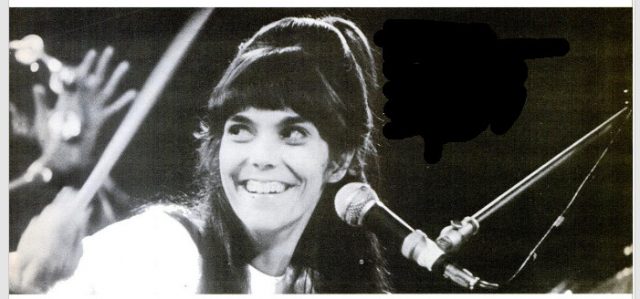
Karen Carpenter was born on March 2, 1950 in the coastal city of New Haven, Connecticut. Just like her older brother, Richard Carpenter, Karen developed an interest in music from an early age. While Richard was drawn to the piano, Karen loved to sing and play drums. She formed a band named Two Plus Two with some high school classmates, but it was with her brother, under the name The Carpenters that she would enjoy breakout success.
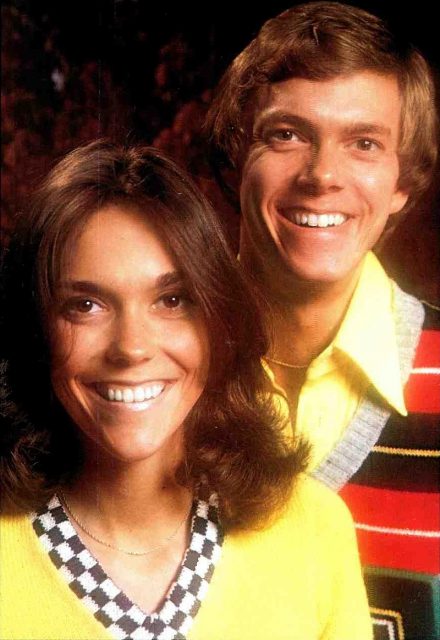
With Richard’s remarkable skills as a pianist and natural talent for song writing, combined with Karen’s innate ability as a drummer and stunningly powerful and beautiful voice, it didn’t take long for the Carpenters to get a record deal, signing up with A&M Records in 1969 and enjoying plenty of success in the 1970s. Sadly, it wouldn’t last. Behind the scenes, Karen was struggling with the eating disorder anorexia nervosa.
She’d started dieting during her teenage years, first following the Stillman diet, which involved focusing on high amounts of protein and low carbs, cutting out most fatty and sugary foods.
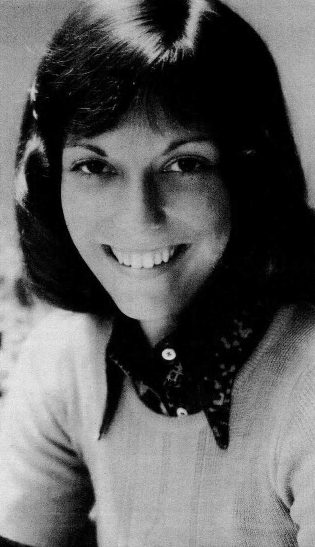
This diet caused Karen’s weight to drop down to 120 pounds, and she more or less maintained this weight for the early years of the Carpenters. In 1973, however, she saw a photo of herself performing on stage and felt she looked heavy.
Nowadays, we can attribute Karen’s response to this photo as a possible sign of body dysmorphic disorder, in which individuals can become obsessed with certain aspects of their physical appearance and see themselves in ways that don’t match up to reality. At the time, however, little was known about many mental conditions and eating disorders, so Karen had to struggle on as best she could.
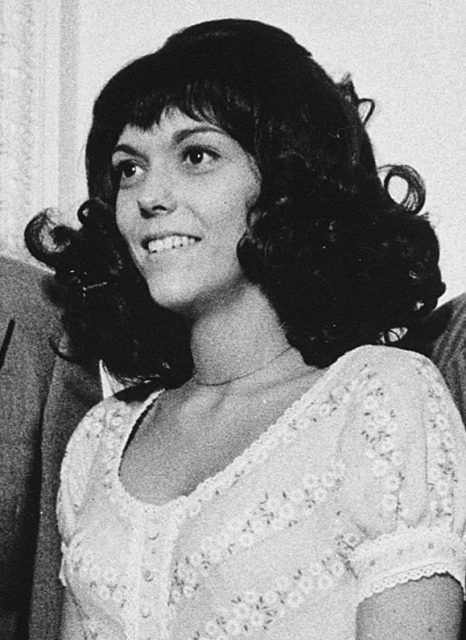
She decided to hire a personal trainer and change up her diet, but ended up looking heavier as she started to gain muscle. What she wanted was to be thinner, so she fired the trainer and started her own weight loss program. It didn’t take long for the pounds to start falling off, and before long, Karen weighed in at just 91 pounds and was visibly very frail and gaunt, triggering concern from fans.
Many people even wrote in and questioned if Karen might be ill, but the singer repeatedly denied any problems. Eventually, however, through the assistance of friends and family, Karen was encouraged to seek treatment from a New York City psychotherapist named Steven Levenkron.
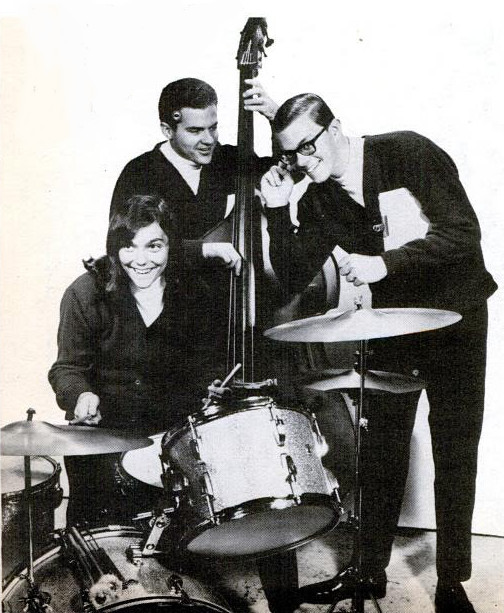
In the early 1980s, Karen was using thyroid replacement medication to boost her metabolic rate and laxatives to speed up the digestive process. She lost more and more weight, eventually reaching a point where she had to be rushed to hospital and given an IV drip. After this, she did finally start to gain a little weight, but her heart had been weakened from years of malnutrition.
In 1982, determined to get her life back on track, Karen filed for divorce from her husband and started speaking to her brother about starting work on a new album. Tragically, her dreams for the future would never come to pass. She gave her last public appearance on January 11, 1983, saw her brother for the last time on February 1st, and died on February 4th.
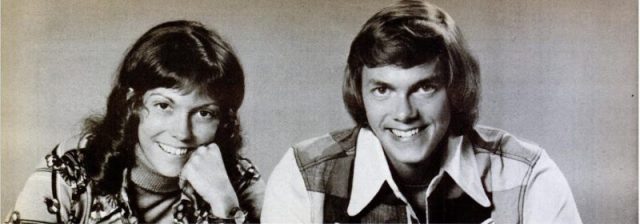
The autopsy of Karen Carpenter revealed it was caused by “emetine cardiotoxicity due to or as a consequence of anorexia nervosa.” The coroner added that Karen’s use of ipecac syrup, an over-the-counter medication used to induce vomiting, had contributed to her demise.
Her untimely end triggered a lot of interest and attention in eating disorders, which weren’t really talked about at the time. Many people had never even heard of anorexia, but seeing this disorder claim the life of such a high-profile star made a big difference, and was part of Karen’s legacy. Her family founded the Karen A. Carpenter Memorial Foundation, which worked to raise awareness of eating disorders and fund research into treatments.
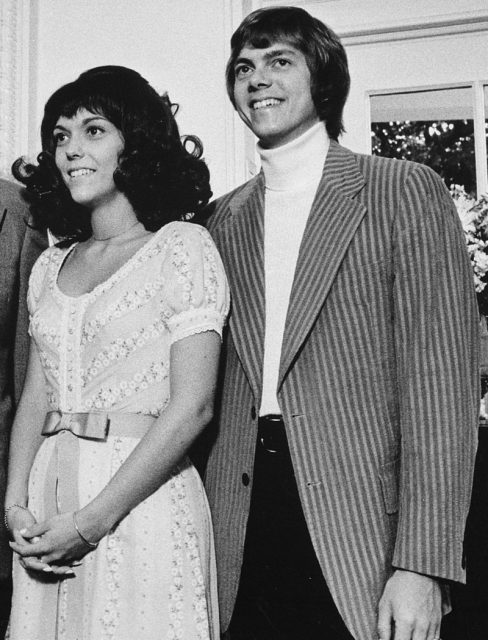
Her eating disorder played a hugely influential role in Karen’s life and legacy, but she is best remembered as an incredibly talented young woman with one of the greatest voices in pop music who gave a lot of joy to fans across the globe.
Read another story from us: Judy Garland was Called a “Pig in Pigtails” and Forced to Starve Herself
Her distinctive voice, unique drumming talents, and upbeat stage persona endeared her to fans of all ages. Like so many great singers, she was taken far too soon, but will never be forgotten.
